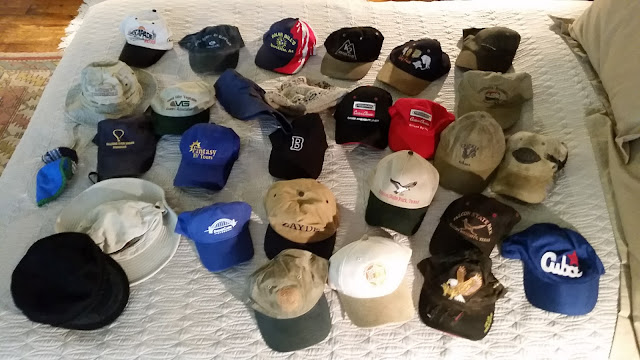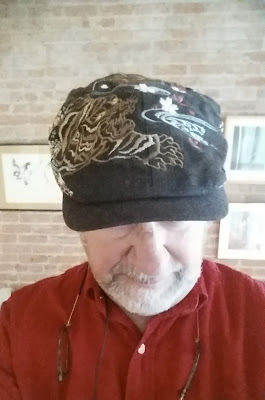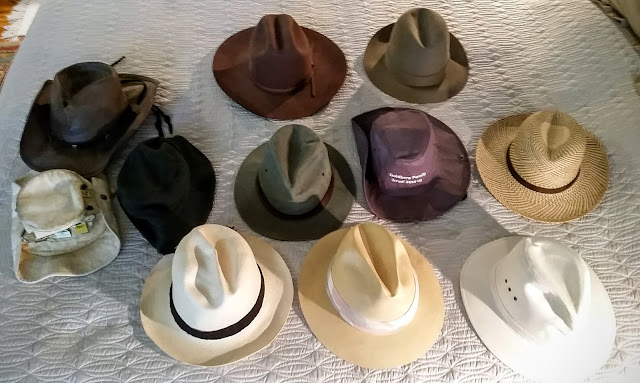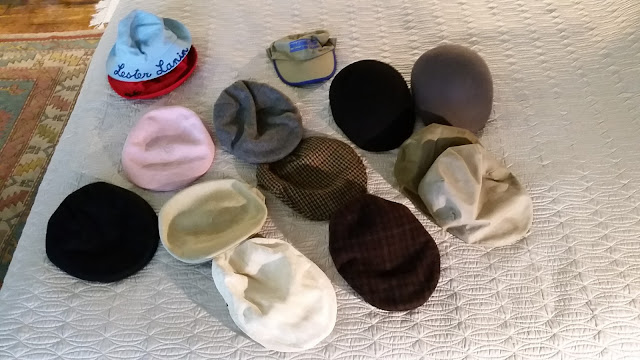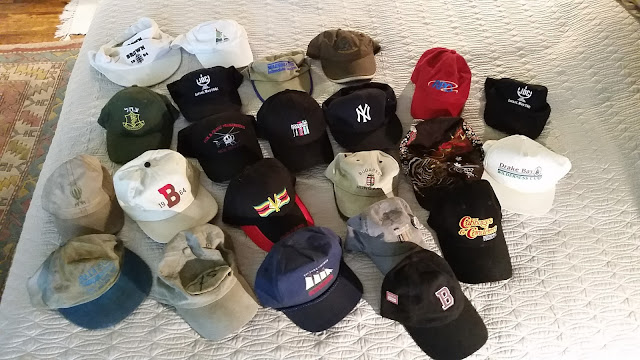Okay, I took the title from another RVers concept. Usually when we travel it is for the travel and we stop a lot to take in what there is to see. This trip is more about getting from Rochester to Jojoba Hills SKP Resort most efficiently. As I write we have just completed three back to back days of about six hours on the road. We are in Walnut Ridge Arkansas in the local Walmart parking lot for the night. By Friday night we hope to be in Las Cruces which will take three more days with at least one of them well over 6 hours. We look forward to Shabbat dinner with friends there.
We did manage to have one more visit along the way. We stopped in Alton Ohio which is just southwest of Columbus and called my college roommate Leon who happened to be free and he came over with his wife Tinya and we spent a couple of hours just catching up with each other. I fear much of it was an “organ recital.” Other than some phone calls and words exchanged while filling the tank, a daily happening, it holds 100 gallons, we have had little contact with the outside world. NPR and a brief read of the NYTimes provides sufficient heartburn for any day.
Carol and I are both writing at the same time, I suspect there will be some relation between the two posts, check hers out at http://messageinaminute.blogspot.com/.
The coach is running beautifully. We are getting a lot of use out of the restored generator since the connection from the main engine alternator to our house batteries is in failure mode, er, it doesn’t work. Had a lot of sun one day and the solar panels did their job and kept the batteries topped up.
Looking back I realize I missed out on our trip into Washington DC between Covesville and Rochester. We drove in to Alexandria Virginia and left the car at the rail station and took the Metro into The National Art Gallery, East Wing. After an amazing 3 hours we dragged ourselves back to the train and picked up the car and drove to Steven and Daisy’s house to finally meet Oliver. He is a definite cutey at 10 1/2 months. They made a lovely dinner for us and we talked way too late and got up early to take bus and train back to the National Mall and the Museum of the American Indian where we met Anna Lee and Jerry our RVing friends from Sacramento who were in DC to spend time with their grandson Bennet. We had lunch at the Museum’s dining area which features menu items from all the Americas. Each of us was able to secure items of our own preference. Following the movie and a very good tour with a native from Columbia we walked the mall to pick up the Metro back to Alexandria to meet cousin Judy and her partner Ralph at Taverna Cretekos in Alexandria. This was the occasion for us to take our very first Uber. It works well, for us on that trip.
There is much more to report but I will save it for another time.




